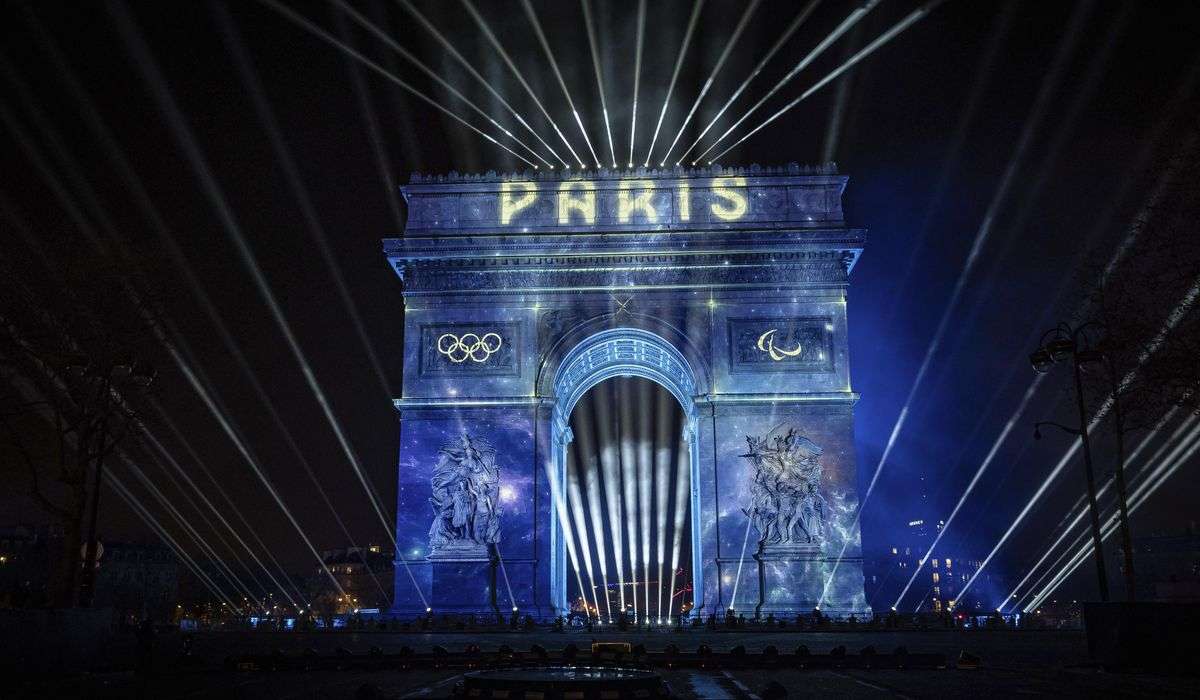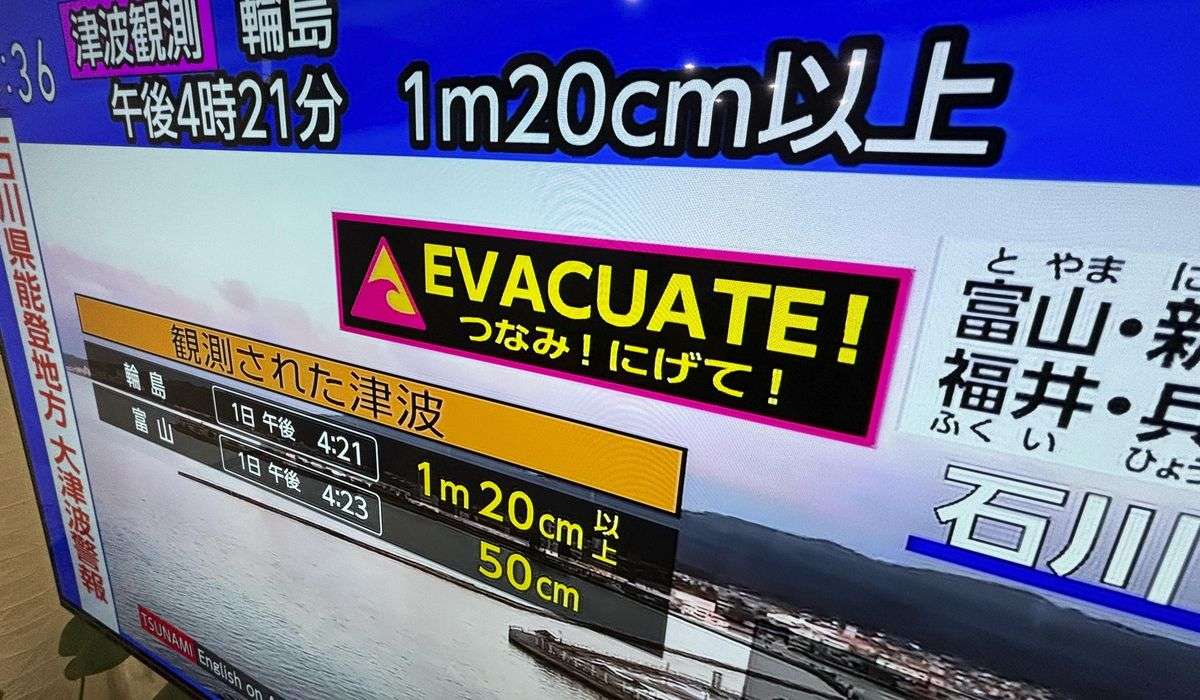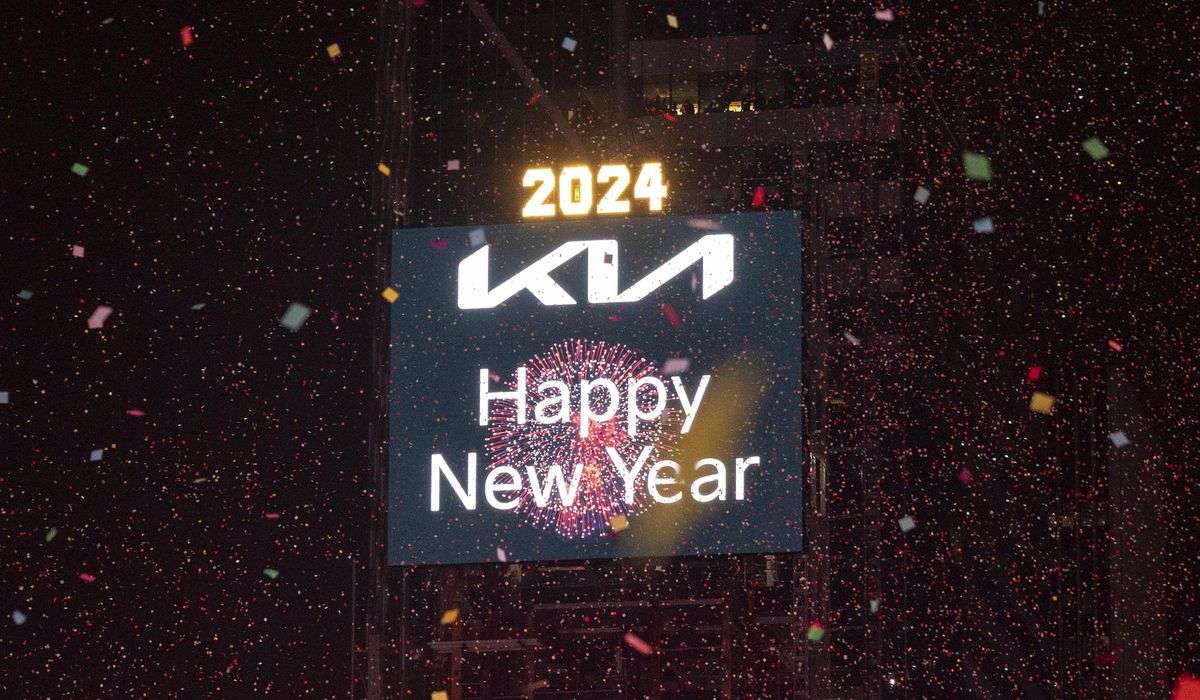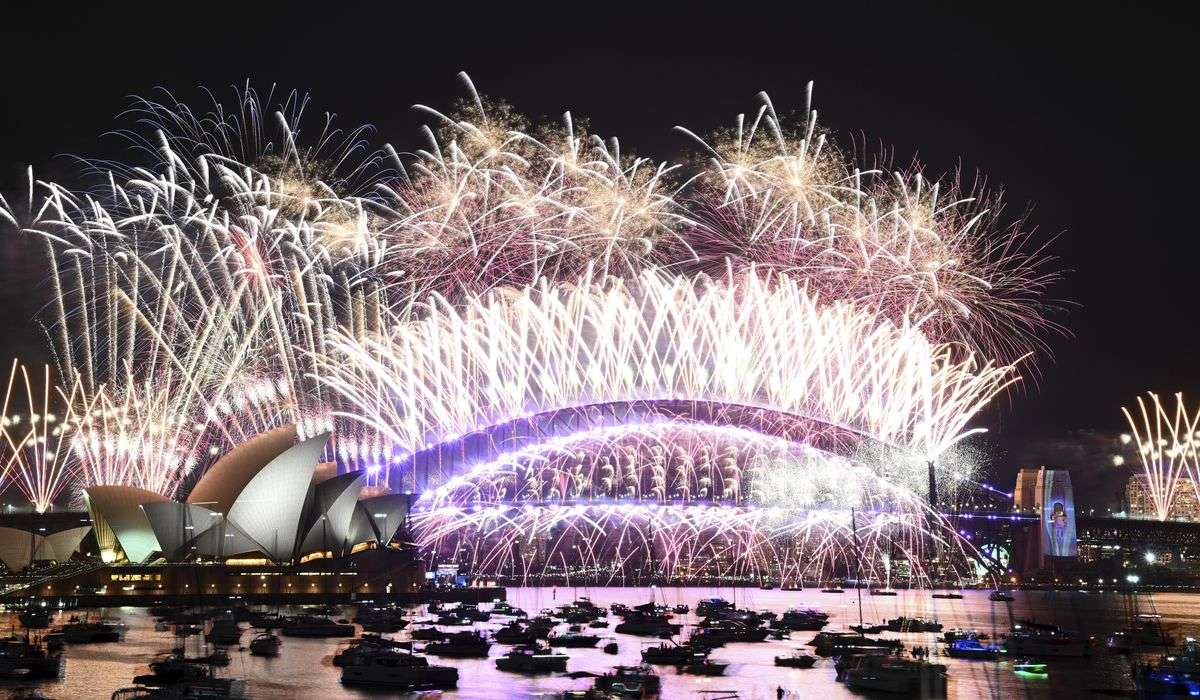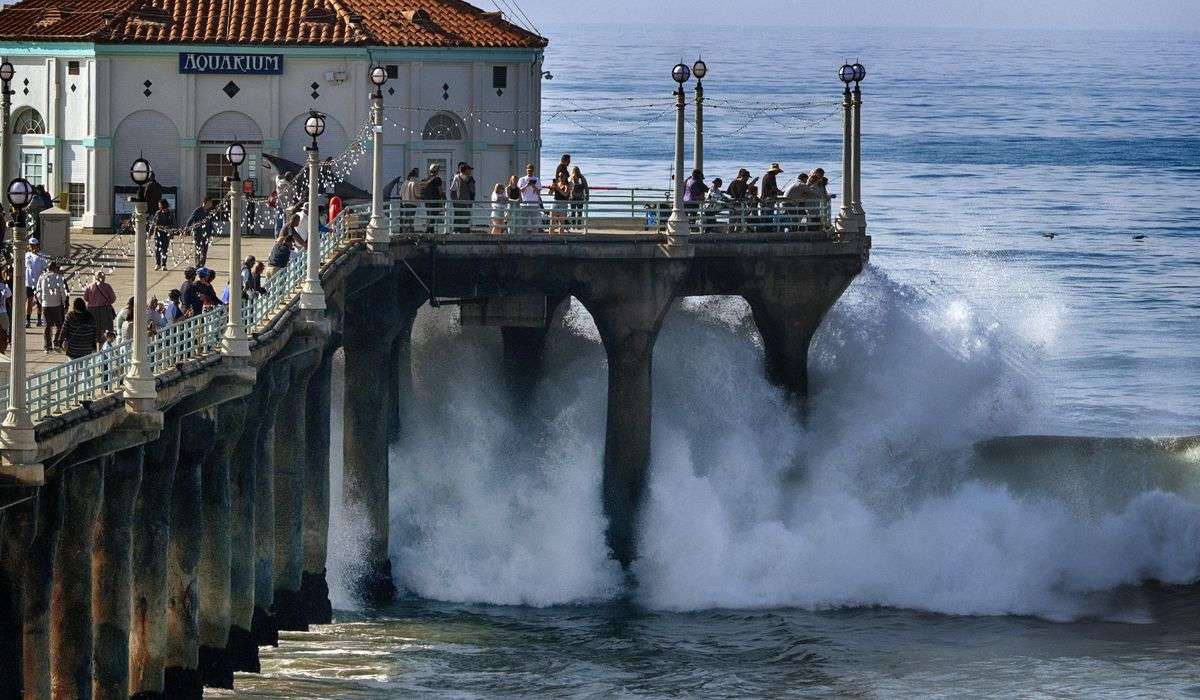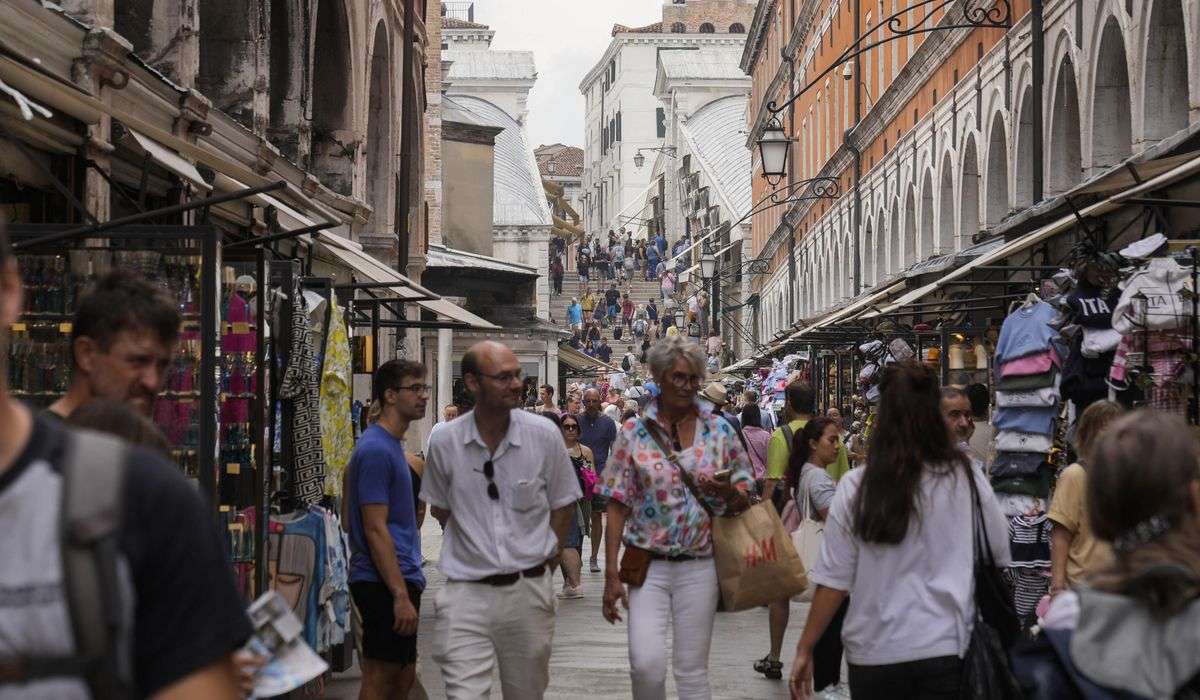How to tell if your airline seat, hotel room or rental car is clean
By Christopher Elliott,
Here’s something driving travelers a little crazy as the pandemic drags on: How can you tell if your airline seat, hotel room or rental car is clean? Is there any way to know, objectively?
When Chip Bell checked into a Hilton hotel in Midtown Manhattan recently, everything looked clean.
“The valet was wearing a face mask and gloves,” he says. “The front desk had a large dispenser of hand sanitizer accessible to guests. The front desk person, behind protective plexiglass, told me there would be a seal on my guest room door certifying it had been cleaned.”
But Bell, a customer loyalty consultant and author who lives in Atlanta, had his doubts.
“There was no guarantee or Good Housekeeping seal,” he says. “It is a reminder that customers judge their service experiences in their own irrational, illogical and completely human ways.”
That’s the thing. The travel industry may insist that there are ways to tell whether your airline seat, hotel room or rental car is safe. But it comes down to taking someone’s word for it. There are solutions, but they’re either impractical or pricey. All of which leaves travelers with few choices on their next trip.
Travel companies are trying to assure customers that their products are safe and healthy in two ways. First, they have announced sweeping initiatives to sanitize their rooms and cabins. For example, Hilton teamed up with the makers of Lysol and Dettol to create the CleanStay program. The hotel chain promises to thoroughly clean and sanitize its rooms and public areas.
And second, the companies place seals on cleaned areas. At Hilton properties, there’s a sticker on the door to indicate that a room has been sanitized and inspected. Seals are not new to the travel industry. In hotels, a paper ring on the toilet is supposed to signify that it’s been cleaned by the housekeeping staff. But some guests don’t believe it, and for good reason.
“I would not trust a seal,” says Beverly Byrum, a nurse from Louisville.
Byrum recalls stories that an acquaintance, who works for a hotel, told her. The acquaintance said her housekeeping staff sometimes takes shortcuts to save time. One of them will place that paper ring on the toilet even if it hasn’t been cleaned.
“How would I know that wasn’t happening with a room seal?” Byrum asks.
Companies are trying to restore some of that lost confidence.
“Most of the seals that companies are putting on hotel rooms and cars are not actually a verification that the cleaning has been audited,” says Peter Clark, the marketing director for Tulu, a company that offers businesses a way to digitally audit cleaning services by recording the process.
Tulu — which is used by Thrifty Car Rental and Uber — provides a purple decal with a QR code, a type of bar code, as proof that an area is clean and healthy. The QR code can be scanned with a smartphone to get a page that shows the vehicle being cleaned.
Of course, if you’re a germaphobe, you probably already pack a black light in your bag. The ultraviolet waves can show dirt that is invisible to the naked eye.
“They will tell you when something isn’t clean,” says Ty Rosa, a cleaning expert who has a popular Instagram account called The Sparkling Clean Home. “But they will not tell you when something is sanitized, which can’t really be seen.”
Interestingly, UV light also can disinfect surfaces. And at YOTEL Boston, guests can pay an extra $30 to have their rooms cleaned with a UV-equipped robot called Vi-YO-Let. The fully autonomous robot disinfects all surfaces and the air in the room in about 20 minutes, “providing a fully comprehensive infection prevention solution,” according to the hotel.
But how do you know whether Vi-YO-Let has radiated your room? And how do you know whether the disinfecting UV rays have reached every nook and cranny of your room, under the beds and in bathrooms? You have to trust the hotel.
The problem is that the travel industry routinely misleads its customers. Travelers have become disenchanted by such things as hotels’ poorly disclosed, mandatory resort fees and “free” airline miles that come with hefty purchase requirements. They almost expect travel companies to play fast and loose.
Consider what happened to Michael Horowicz, a TV producer from Los Angeles. He flew to D.C. recently on an airline with a sterling reputation for cleanliness. Horowicz requested that I not name the airline for fear of losing his frequent flier miles. Before he checked in, he watched the pilot board the plane wearing a mask over part of his mouth, but not his nose.
“What kind of example is he setting for passengers?” he asks.
It’s precisely that kind of attitude — pervasive in the travel industry — that gives travelers pause. Misrepresenting the facts about prices or product features is one thing. But when it comes to health and sanitation, it’s quite another.
Travelers need a way to verify the cleanliness of a product. Unfortunately, there’s no such thing. And so they have two choices if they want to stay safe. They can either clean it themselves, or they can stay home.
Read more from Travel: Read past Navigator columns here

